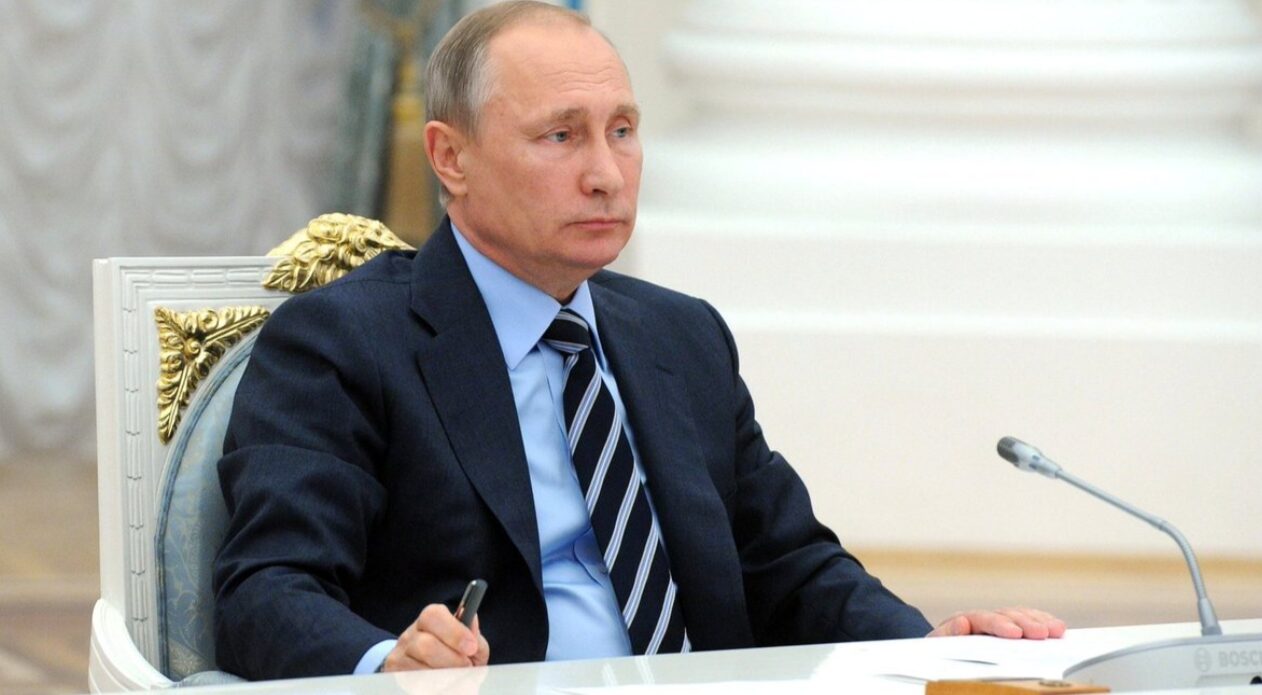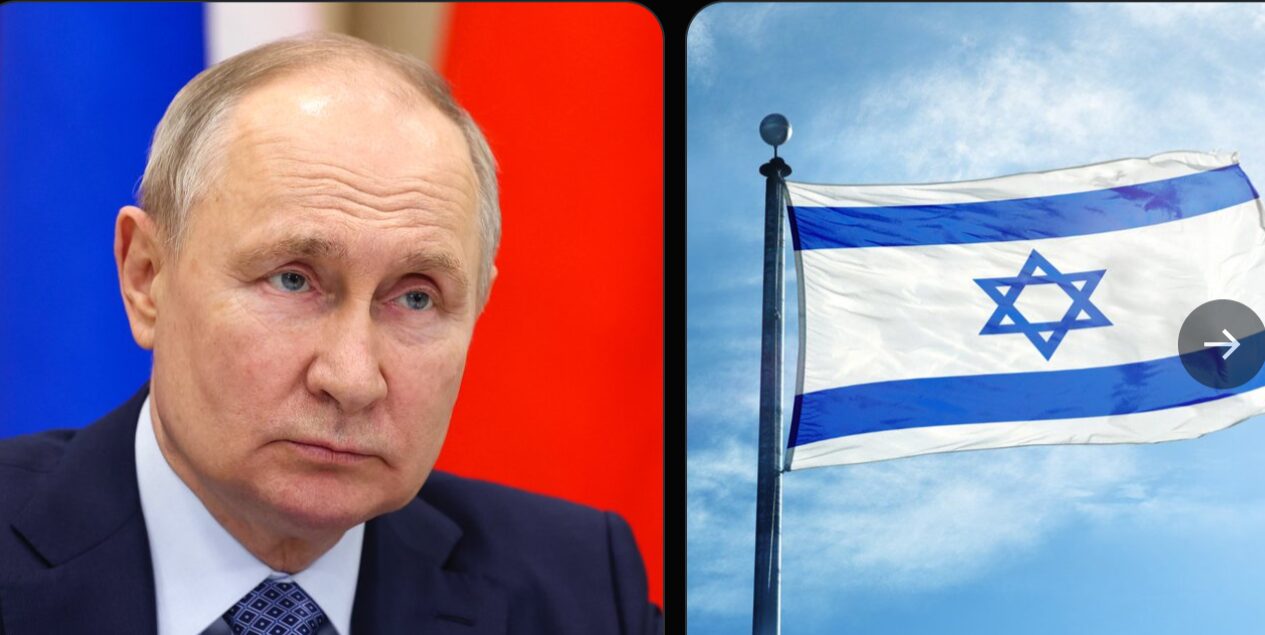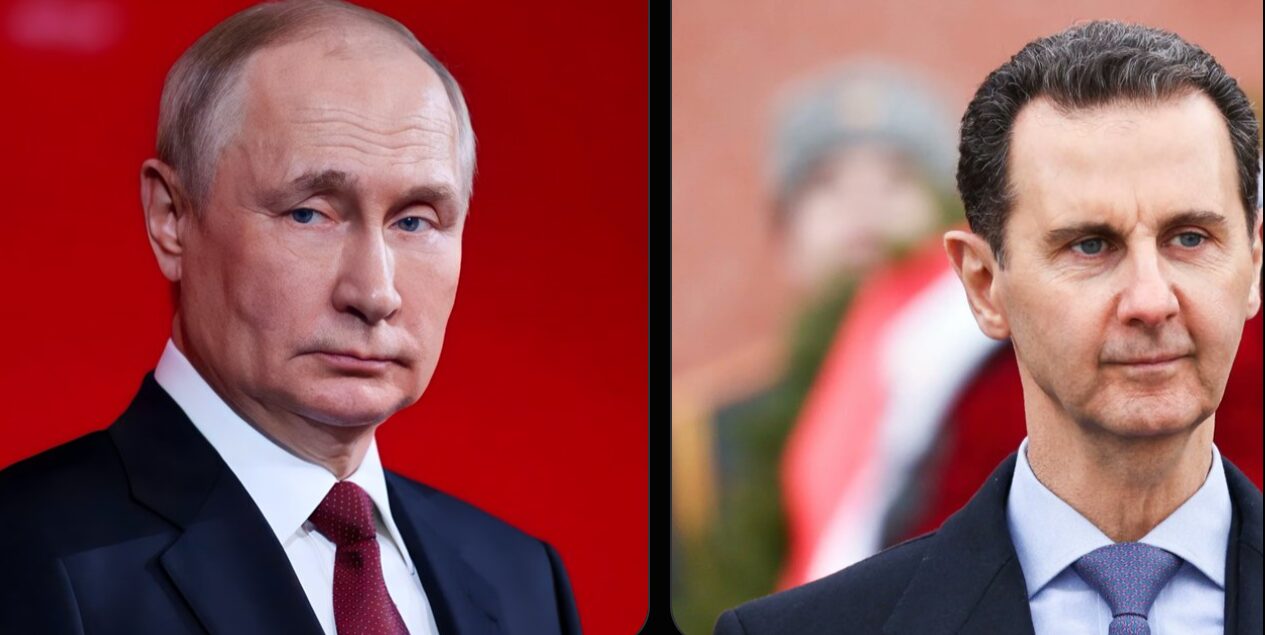Russian President Putin has issued a new order telling illegal immigrants to either fix their legal status or leave Russia by April 30, 2025
Putin Orders Illegal Immigrants to Fix Legal Status or Leave Russia by April 2025
In a significant move to tighten immigration controls, Russian President Vladimir Putin has issued a decree mandating that all illegal immigrants in the country must either legalize their status or leave the country by April 30, 2025. This new order, which has drawn international attention, underscores the Russian government’s increasing focus on regulating immigration and addressing the challenges posed by undocumented foreign nationals within its borders.
What Does the New Decree Mean for Illegal Immigrants?
The recent directive is part of a broader set of measures aimed at curbing illegal immigration and ensuring that foreign nationals in Russia are properly documented. According to the decree, individuals who are currently in the country without proper documentation will have until the end of April 2025 to either rectify their status or leave voluntarily. For those who fail to comply, Russia has warned of potential deportation.
While the specifics of the policy are still being fleshed out, the decree signals a firm stance by the Russian government on immigration control. It is likely that the government will offer a pathway for undocumented migrants to apply for legal status, including through work permits, residence permits, or other legal means. However, anyone who fails to take action within the designated timeframe could face the threat of forced removal from the country.
The Rationale Behind the Decree
The Russian government’s latest decision comes amid growing concerns over the increasing number of illegal immigrants in the country. Russia, like many other nations, has been grappling with issues related to undocumented immigration, which has been exacerbated by conflicts in neighboring regions and economic migration from former Soviet republics. According to reports, the country has witnessed an influx of migrants seeking better opportunities, many of whom have entered without the necessary documentation or authorization.
Furthermore, the Russian government has been focusing on streamlining its immigration system and reducing the number of undocumented workers, who are often vulnerable to exploitation and abuse. By creating a clear deadline for immigrants to either regularize their status or leave, the government hopes to create a more orderly and controlled immigration environment.
Impact on Migrant Communities in Russia
The new decree is expected to have a significant impact on the migrant communities living in Russia. Many of these migrants are from former Soviet republics, such as Uzbekistan, Tajikistan, and Kyrgyzstan, where poverty and unemployment have driven individuals to seek work in Russia. For some, the new order could mean the opportunity to legalize their status and continue their work in the country legally. However, for others, the situation is more complicated.
A significant portion of the undocumented migrant population in Russia is employed in low-wage, often dangerous jobs in construction, agriculture, and other sectors. These workers, while contributing to the Russian economy, may face difficulties in meeting the legal requirements to stay in the country. Moreover, with limited access to legal resources and a lack of language skills, many immigrants may struggle to navigate the bureaucratic processes necessary to fix their legal status.
For many migrants, the decision to leave Russia could be financially devastating. Without the proper legal documentation, many have no means of returning to their home countries in a formal capacity, often facing further challenges as they attempt to re-enter Russia in the future. The policy could, therefore, have far-reaching implications for both individuals and families who have built lives in Russia over the years.
Reactions from Migrant Advocacy Groups
The decree has sparked concern among migrant rights groups, who argue that the new measures could lead to widespread displacement and discrimination. Critics claim that the policy could disproportionately affect vulnerable communities, leaving many people without legal recourse or support.
Migrant advocates have called for more comprehensive reforms to Russia’s immigration system that address the root causes of undocumented migration, such as poverty and lack of opportunity. They also argue that greater emphasis should be placed on providing migrants with access to legal support, as well as on creating pathways for long-term integration into Russian society.
Some groups are also worried about the potential for increased xenophobia or hostility toward migrants as the Russian government pursues its immigration agenda. They have warned that such policies could fuel negative stereotypes and further marginalize already vulnerable populations.
The Economic Impact on Russia
While the move to address illegal immigration is likely to strengthen Russia’s immigration system, it may also have some economic implications. Many industries in Russia rely heavily on foreign labor, particularly in construction, agriculture, and service sectors. A mass exodus of undocumented workers could result in labor shortages, potentially affecting production and service delivery across these industries.
Moreover, migrant workers contribute significantly to the Russian economy by paying taxes, spending money, and filling labor gaps in key sectors. A sudden reduction in the availability of this workforce could lead to higher costs for employers, as they may be forced to hire legal workers at higher wages or invest in automation to fill the labor void.
On the other hand, proponents of the decree argue that cracking down on illegal immigration could lead to higher wages and better working conditions for Russian nationals, as employers are forced to hire local workers to fill the labor gaps. It may also help boost Russia’s social safety nets and public services, which have long been strained by the presence of a large, undocumented population.
What’s Next?
With the deadline for compliance set for April 30, 2025, the coming months will likely see an uptick in efforts by both the Russian government and migrant communities to prepare for the implementation of this new order. Authorities will need to balance the need for tighter immigration controls with the realities faced by millions of migrant workers in Russia.
Migrant communities and advocacy groups will likely continue to push for reforms that ensure fairness and respect for human rights, while the Russian government will need to manage the practical challenges of enforcing this new decree.
In conclusion, Putin’s latest order marks a turning point in Russia’s immigration policy, setting a clear deadline for undocumented immigrants to either legalize their status or leave the country. While the measure is aimed at improving immigration control, it also raises important questions about the treatment of migrant workers and the broader impact on Russia’s economy and society. As the deadline approaches, the consequences of this policy will continue to unfold, with significant implications for both Russia and its immigrant population.

















Post Comment